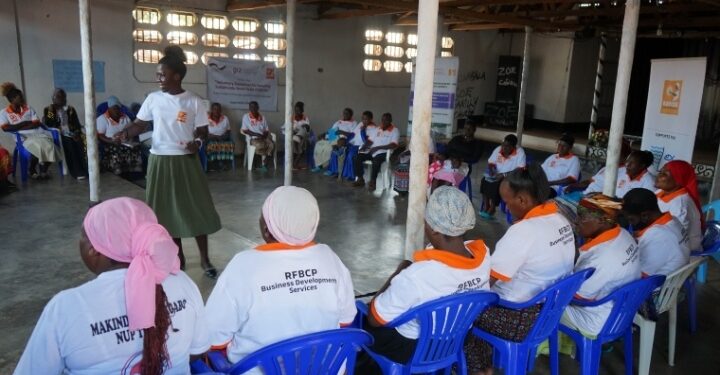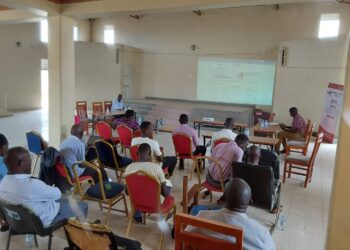The Voluntary Guidelines for Securing Sustainable Small-Scale Fisheries in the Context of Food Security and Poverty Eradication (SSF Guidelines) are the first internationally agreed instrument dedicated entirely to the immensely important but until now often neglected small-scale fisheries sector.
Accordingly, the SSF Guidelines are intended to support the visibility, recognition and enhancement of the already important role of small-scale fisheries and to contribute to global and national efforts towards the eradication of hunger and poverty. The SSF Guidelines support responsible fisheries and sustainable social and economic development for the benefit of current and future generations, with emphasis on small-scale fishers and fish workers and related activities and including vulnerable and marginalized people, promoting a human rights-based approach
The SSF Guidelines look beyond fisheries into gender issues, human rights, social development, climate change among others which are key issues for quality livelihoods for small scale fishers
SSF Guidelines, if well implemented, can help to achieve sustainable development targets on access of small-scale fishers to resources and markets.
With the support of the Food and Agriculture Organization of the United Nations (FAO) and GIZ-Responsible Fisheries Business Chain Project (RFBCP), Katosi Women Development Trust (KWDT) has carried out trainings on the Voluntary Guidelines for Securing Sustainable Small-Scale Fisheries (SSF Guidelines) in the major districts of Lake Victoria of Buikwe, Kalangala, Wakiso, Mukono, Buvuma, Bugiri, Busia, Jinja, Kalungu, Kampala, Masaka, Mayuge, Mpigi, Namayingo and Rakai. The trainings have covered 82 trainings reaching out to 69 grass root women leaders, 409 women organised in groups and 1,544 small scale fishers both men and women. Accessibility to the content of the SSF Guidelines has been enhanced with their translation into over 2 languages including Luganda and the use of an infographic video as a media of dissemination and info graphic materials all enhanced dissemination, and thus contribution to their implementation.
According to Magret Nakato of Katosi Wome Development Trust, fisher folks have been empowered to understand their obligation towards the sustainability of the fisheries resources and their rights as resource users to ensure collective sustainable management of the resource.
The trainings have also helped to recognize the need for a collective responsibility from the government of Uganda, CSOs and key sector players if effective implementation is to be achieved.
Do you have a story in your community or an opinion to share with us: Email us at editorial@watchdoguganda.com













